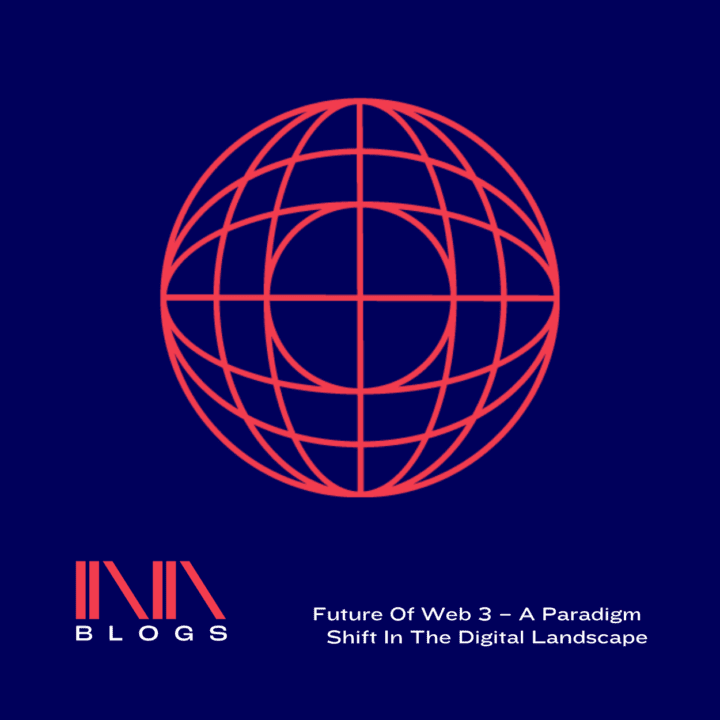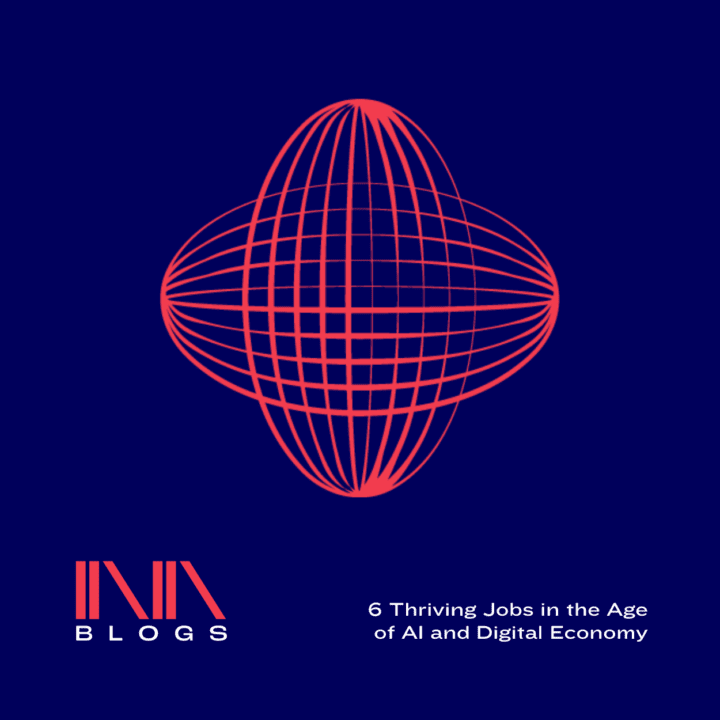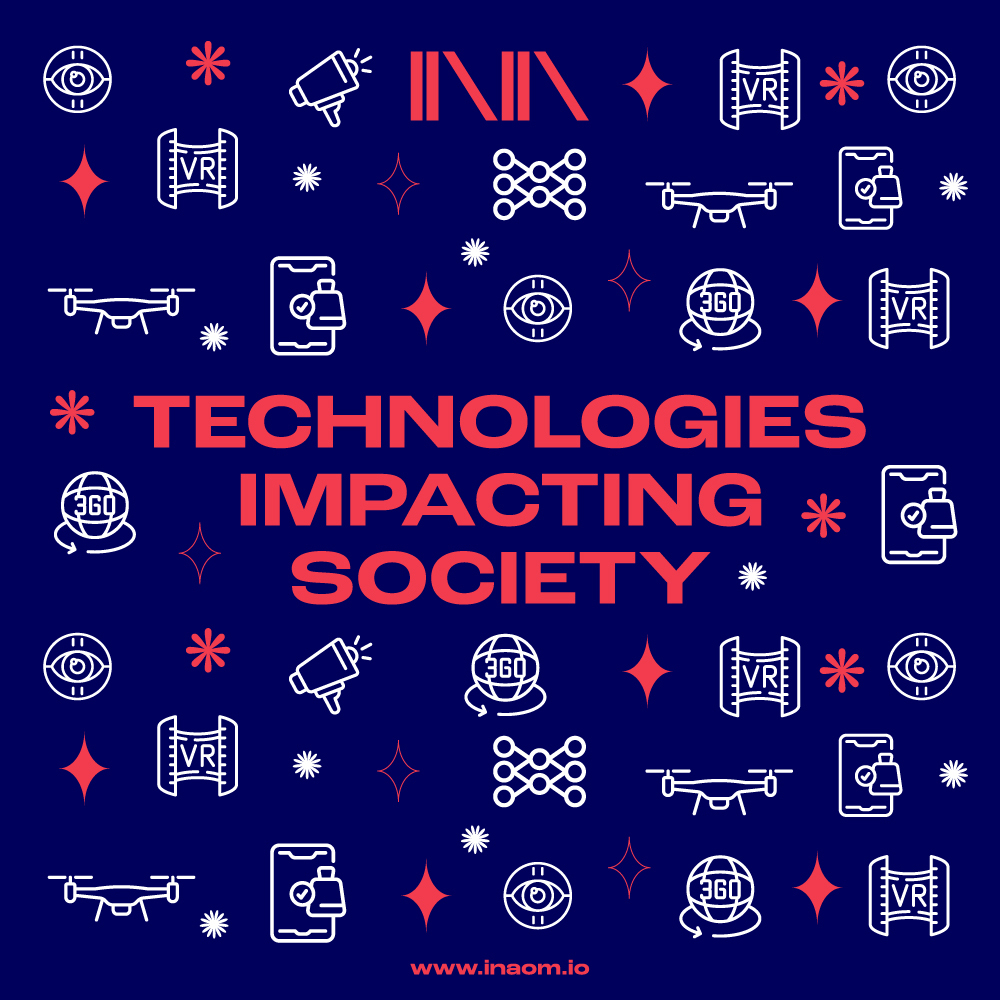Introduction
Welcome to this insightful podcast episode hosted by Ina O’ Murchu, where Dr. Markie Twist explores the profound impact of technology on relationships with regards to her book “The Internet Family”. In this blog post, we’ll delve into the fascinating discussion and expand on the framework of structure, process, and ecological elements presented in the episode. Understanding how technology influences relationship formation, maintenance, and dissolution is crucial in navigating the complexities of modern love.
Dr. Markie Twist Background
Dr. Markie Twist, an Alaskan-born, licensed marriage and family therapist. She is an award-winning sexuality educator, sexologist, author, and international speaker. She’s also co-author of the books: “The Internet Family: Technology in Couple and Family Relationships”, “The Couple and Family Technology Framework: Intimate Relationships in a Digital Age”.
Follow Dr. Markie Twist on Twitter:
https://twitter.com/Dr_Markie_Twist
The Internet Family Framework: Structure, Process, and Ecological Elements
Structure of the Internet Family Framework
Technology and Relationships
Technology has revolutionised how people connect, enabling the rise of online dating and expanding the possibilities of forming connections. The accessibility and convenience of technology have allowed individuals from diverse demographics to find love and companionship.
Online Dating and Demographics Impact
Online dating platforms have transcended geographic boundaries, allowing people to connect with potential partners they may have never met otherwise. The availability of detailed profiles and matching algorithms has facilitated more targeted and compatible connections.
Tech-Driven Relationship Changes
Technology has altered the way relationships develop and evolve, blurring the lines between online and offline interactions. The ease of communication has increased the speed at which relationships progress, impacting the traditional timeline of dating and courtship.
Process of the Internet Family Framework
Text Intimacy
Text-based communication channels, such as messaging and social media, provide unique opportunities to build emotional intimacy. Written words allow individuals to express themselves thoughtfully, leading to deep connections based on shared thoughts and emotions.
Intimacy: Online vs. Offline
Online interactions may allow for a more gradual and controlled development of intimacy compared to face-to-face encounters. The digital realm offers a certain level of comfort and safety that can facilitate vulnerability and self-disclosure.
Technology and Relationship Maintenance
Technology plays a crucial role in maintaining long-distance relationships, offering video calls, messaging, and shared media. However, excessive reliance on technology for communication may impact the quality and depth of interpersonal connection.
Navigating Technology Expectations
Couples need to establish mutual expectations and boundaries regarding technology use within their relationship. Open and honest communication is essential to ensure that both partners feel comfortable and secure in the digital realm.
Technology and Relationship Dissolution
Ending relationships in the digital age involves navigating complexities like social media connections and digital remnants. The ease of access to information and alternative options can make the dissolution process more challenging and emotionally taxing.
Ecological Elements of the Internet Family Framework
Accessibility:
The widespread availability of technology ensures that it shapes almost every aspect of our lives, including relationships. Technology has made it easier to meet potential partners and stay connected regardless of physical proximity.
Affordability:
The use of technology in relationships may require financial investment in devices, apps, or online services. Couples need to consider the potential impact of technology-related expenses on their financial well-being.
Anonymity:
The digital realm allows individuals to maintain varying degrees of anonymity, impacting the way they present themselves and interact with others. Balancing authenticity and anonymity can pose challenges in building trust and developing genuine connections.
Acceptability:
Society’s attitudes and expectations around technology’s role in relationships are constantly evolving. Couples must navigate the changing landscape of acceptable technology use and adapt to societal norms.
Approximation:
Technology enables individuals to create and explore idealised versions of themselves and their relationships. It is important to maintain a healthy balance between the digital world and the reality of relationships to avoid disillusionment.
Accommodation:
People often maintain online personas that may differ from their offline identities, adding complexity to relationship dynamics. Being aware of these differences and finding ways to integrate both aspects authentically is crucial for building genuine connections.
Ambiguity:
The digital world presents unique challenges in defining and addressing problematic behaviours. Establishing clear boundaries and discussing expectations regarding online interactions can help navigate potential conflicts.
Accountability:
Technology can become a source of distraction, affecting attentiveness and time management within relationships. Cultivating accountability and responsible technology use can foster stronger connections and a healthier balance between the digital and real world.
Navigating Technology’s Influence on Relationships
- Recognize that online connections can be meaningful and intimate, despite the lack of physical proximity.
- Building trust and emotional connection through technology requires active effort and intention.
- Engage in open conversations to establish shared expectations and boundaries regarding technology use.
- Regularly reassess and adapt these boundaries as technology continues to evolve.
- Effective communication is essential to navigate potential conflicts or misunderstandings related to technology.
- Negotiate compromises that accommodate both partners’ needs and ensure a healthy balance between technology and relationship priorities.
- Be mindful of the ethical implications of technology use, such as privacy concerns and consent.
- Recognize potential vulnerabilities that technology may expose and take steps to protect the emotional well-being of yourself and your partner.
Conclusion
Understanding the impact of technology on relationships is crucial in today’s digital age. From forming connections to maintaining intimacy and navigating potential challenges, technology has reshaped the way we experience love. By reflecting on the framework of structure, process, and ecological elements, we can foster conscious navigation, establish healthy boundaries, and create meaningful connections in an increasingly interconnected world.










